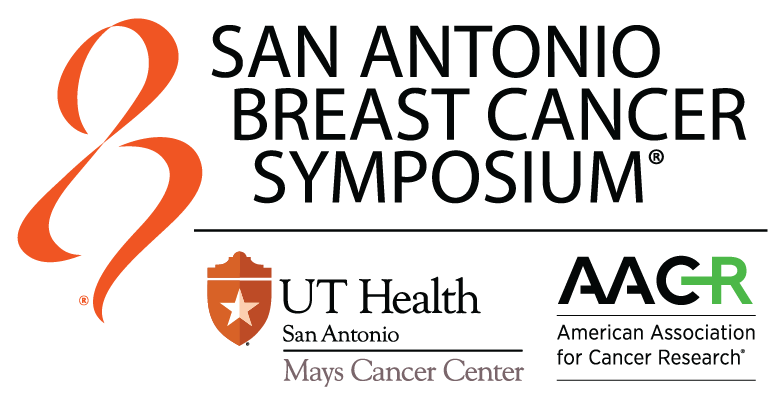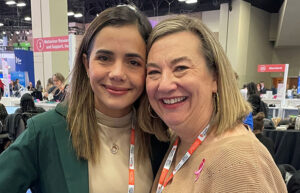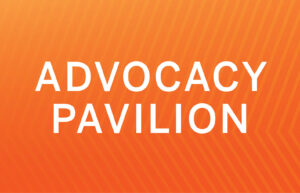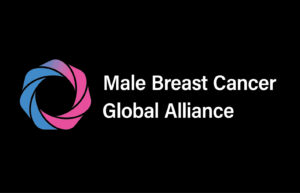Because they are often in earlier stages of their careers and family planning, younger women with breast cancer face unique challenges compared with their older counterparts.
Fortunately, there is an advocacy organization exclusively dedicated to helping young-adult patients and survivors with breast cancer — as well as their support networks — better understand and deal with these challenges. The Young Survival Coalition (YSC) provides free educational resources, boasts a robust online community, and attempts to ensure that younger patients with breast cancer are represented throughout clinical research.
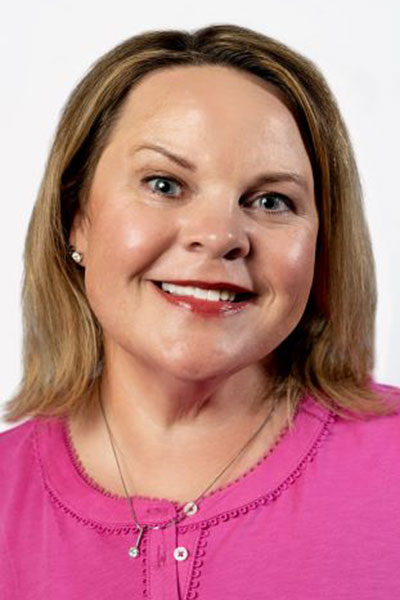
“We say that we are for those patients and survivors diagnosed younger than 40, but we are open to anyone who identifies with the issues that face young adults,” said Mary Ajango, the YSC Executive Director. “Oftentimes, [young women’s] concerns are brushed off as being related to pregnancy or breastfeeding, or just dismissed because of age. We want to raise awareness that young women can get breast cancer, and the incidence rates are rising.”
Filling in the data gaps
YSC was started in 1998 by a group of young survivors who had all been diagnosed with breast cancer while younger than 40. As younger adults, they did not see themselves represented in the research or the advocacy community, so they banded together to offer information and a voice to other patients like them.
Now, nearly 30 years later, YSC organizes two annual conferences and more than 170 local networking groups. YSC also has initiated a large-scale, international, survey to provide data about long-held assumptions and highlight potential areas of importance for researchers.
For the second year in a row at the San Antonio Breast Cancer Symposium®, YSC will be sharing data from their global needs assessment of young adults with breast cancer, known as Project 528. The data gleaned from this unique global survey is feeding YSC’s educational offerings and support networks that work to address the quality-of-life and psychosocial-specific needs of this population. Last year at SABCS®, YSC shared a first look at the Project 528 data, which focused on clinical trial perception and awareness.
“Of those surveyed, the majority had a positive or very positive perception of clinical trials and were interested in potentially participating. However, only 20% noted that they had been asked to participate in a trial,” Ajango said. “So we have made it easier to find clinical trials suited to younger patients and survivors with breast cancer on our YSC website.”
According to Ajango, last year’s Project 528 data also showed disparate access to care among those experiencing mental health issues. Globally, approximately 80% of those surveyed reported mental health struggles following diagnosis. The percent of respondents reporting access to mental health services varied across different countries, ranging from below 20% in most developing countries to approximately 60% in the United States.
This year at SABCS, YSC will be sharing its analysis of Project 528 data on survivors living with metastatic breast cancer. Included in this will be a deep dive into the 12 countries that had the highest numbers of respondents. Reports will be available at the YSC booth in the Patient Advocacy Pavilion in the SABCS Exhibition Hall.
“When YSC created Project 528, we certainly were not claiming that we could fix all of these issues, but we are able to provide a baseline of information so we can clearly state what the issues are and make steps toward improvements,” Ajango said.
Patient Advocacy at SABCS
For more resources about patient advocacy support and involvement at SABCS 2025, visit the Patient Advocates page at SABCS.org. Learn more about advocate registration options, the SABCS Patient Advocate Lounge, the SABCS Patient Advocacy Pavilion, advocates participating in the SABCS program, and additional advocacy-related educational programs and networking events.
